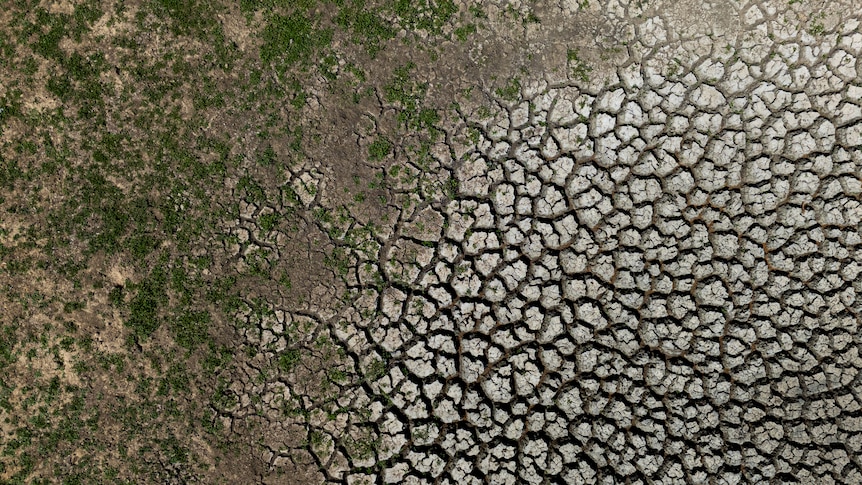Australia Weather News

Farmers across SA, including in the Adelaide Hills, have endured dry conditions for months. (ABC News: Che Chorley)
Drought relief amounting to $55 million will flow to South Australian communities in desperate need of relief, with the state government announcing the additional funding a month after farmers made an urgent plea for more help.
The government said the new package was on top of $18 million announced in November, and would go towards such measures as rebates, infrastructure upgrades, financial counselling and mental health support, as well as assisting charities that transport fodder.
Premier Peter Malinauskas today conceded it had taken too long for applicants under the previous round of funding to receive responses, and that the system had "to be faster".
"I've been frustrated about some of the time it's taken the bureaucracy to respond to these applications — I can't imagine how much more frustrating it is for someone who actually needs the support," Mr Malinauskas told ABC North and West SA.
"[I've] asked my department, the Department of Premier and Cabinet, to oversee an effort to expedite the timeliness.
"I've been given advice that I can assure people that it will take no more than 30 days to get these applications processed."
In March, Adelaide Hills farmers urged more assistance including interest-free or low-interest loans to help with the cost of bringing in feed and water.
Swathes of South Australia have endured extremely dry conditions for months, leading to crop losses, dry dams and a high reliance on water carting in the Adelaide Hills.
Adelaide's reservoirs were recently described by the environment department as being at their lowest levels in more than two decades.
Primary Industries Minister Clare Scriven said the new support package would be made available "in the coming weeks".
"It's been designed with farmers to both look at what the immediate supports are that they need to get through day to day as they're facing one of the worst droughts that they've experienced, as well as preparing for the ongoing issues of drought," she said.
"We're also looking at mental health … and so there's an additional $2.5 million for that, and rural financial counselling support.
"There'll also be additional money for donated fodder, to cover the transport costs of that, and some immediate financial relief for those who receive the farm household allowance."
Of the funding, $13 million will go towards "rebates that assist with projects to manage drought conditions", with another $17 million set aside for future drought preparedness and resilience programs.
"It's regional communities that are affected by drought, as well as the farmers directly, so we're doing additional supports for small businesses that are not farm businesses," Ms Scriven said.
About $2.5 million will go towards the provision and upgrading of standpipes, and $4.5 million to electronic identification for sheep and farmed goats.
"The challenge is consistent for everyone — we need more rain, we can't make that happen," Mr Malinauskas said.
"[But] we've dramatically boosted the size of the fund because it was oversubscribed, the first time round when we did it."
The opposition's spokeswoman for water resources, Nicola Centofanti, said the support was overdue.
"Currently the processing time for those drought infrastructure rebate programs is 10 weeks if not longer and farmers can't really afford to wait that long," she said.
"There will be a lot of farmers who'll be waking up today somewhat relieved that this support has finally been delivered, because it's been a long time in the coming."
But she said on-farm drought infrastructure grants had previously been capped at $5,000.
"I am keen to learn more about how the on-farm drought infrastructure grants will be increased, whether more funds will be available per farmer."
ABC